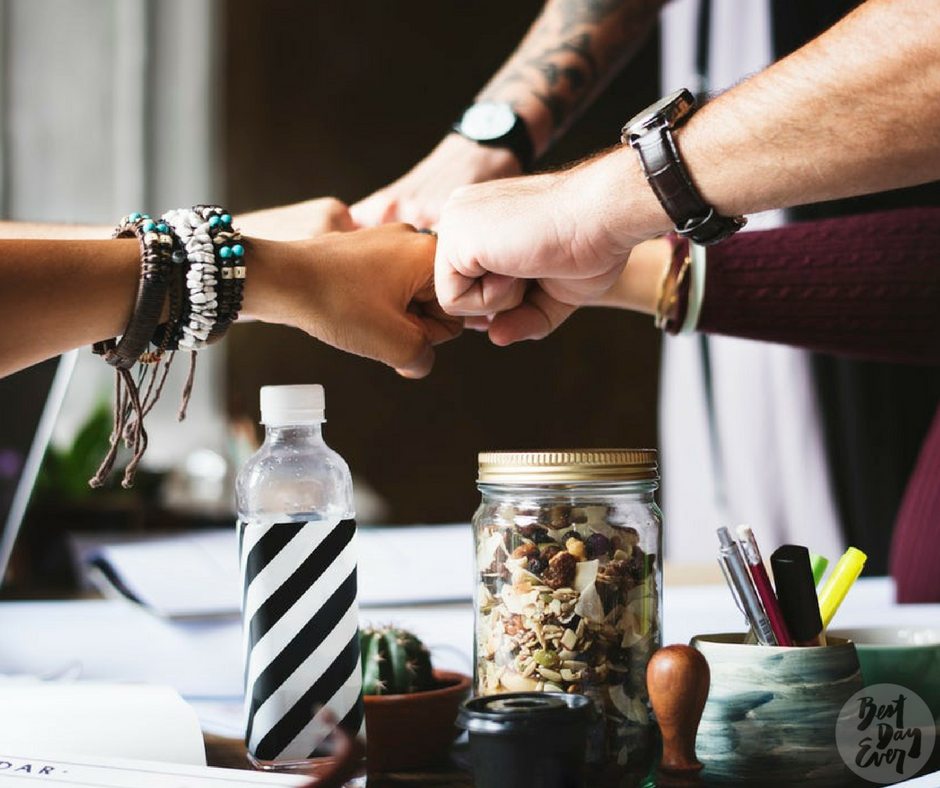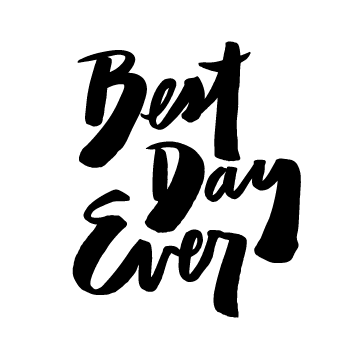The Importance of Community

Back in the 1950s—the “Happy Days” of American society—people didn’t talk about the value of community much. They didn’t need to, because they lived it. Most people lived in tight nuclear families, they knew their neighbors, they belonged to neighborhood churches, they participated in local Boy Scout and Girl Scout troops, they were members of school clubs and local service organizations like the Rotary Club, and people chose a career and stuck with it, often staying at the same job for all their adult life. These were all communities within communities connected to other communities.
These days, we often grow up in divided families, move from place to place, rarely know our neighbors, tend to think school and civic clubs are anything but cool, change jobs and careers numerous times, and go to church less than previous generations. Life may be far more interesting these days, but there’s much less of a sense of “this is my group, my tribe, my neighborhood, my community where I belong.”
Within this void has sprung up social media and its many cousins like “gaming” that have created virtual communities where people with like interests and values can meet online and play a role (sometimes literally, as in World of Warcraft) in strengthening that community. That said, however, long-distance chatting with someone you know via only a digital photo and limited keystrokes can still leave an empty space where a sense of belonging, well, belongs.
We’ve noticed that sometimes a person’s desire to feel like they belong is put down as a sign of insecurity or neediness. It’s not. Humans are social creatures and it’s the most natural, basic thing in the world for us to want to be a member of a tribe, a pack or clan, and ignoring that need can be harmful.
Studies have shown that the happiest and most content people are those who have a secure “sense of community,” or a sense of knowing they are valued members of a particular group. Besides contributing to a sense of purpose, community membership also provides emotional (sometimes even fiscal or physical) support during difficult times, thus adding to the wellness benefits of community.
Naturally, community and friendship are closely related. And the two share many of the same health benefits:
- People with strong friendships age better and recover more quickly from illness.
- They experience less stress and have better self-esteem.
- People with active social lives experience less memory loss as they age.
- Overall, they have less mental illness and they live longer.
Community is included in the Best Day Ever lifestyle because its value to overall health and well-being is often lost in the shadow cast by warnings about the dangers of poor diet and lack of exercise. But a 2010 study by Brigham Young University found that social interaction is more important to overall health than previously presumed. In fact, they suggest that too little social connection is worse than not enough exercise and is twice as harmful as obesity!
We’re not suggesting that if you’re not in a community to run right out and join one. Finding the right community for your unique needs and interests takes time and careful thought. We are suggesting, however, that if you are already part of a community, then make the most of it. Here are some of the steps we feel will help you gain the healthiest benefits out of “being in community.”
1. Know what true community should be offering you:
- Shared values and goals, emotional connection and emotional safety
- A sense of membership, of belonging and identification with the group
- Feeling valued, heard and understood
- Mutual respect, cooperation, and collaboration
- Open and effective communication
- Shared commitments like trust, acceptance and active participation in community-building
- What more could you be doing to contribute to the overall good of the community? Communities tend to be holistic and interconnected in nature so that what affects one part of the group affects the whole and vice versa.
- Some of us are members of communities because our families or friends are. But it’s important to periodically take an inventory of our reasons for being a part of that group. Are our needs and values still aligned with the community’s? Are we experiencing the positive benefits that good communities offer? If not, perhaps it’s time to join a different group.
Whether your community is simply the meeting of minds between three people who share a passion for antique music boxes, or perhaps two thousand kindred spirits who happen to love making soap, our desire for connecting through community is woven into our DNA. The following quote certainly moved me deeply – maybe you’ll feel a heartfelt tug toward community through it, too:
“We are all longing to go home to some place we have never been — a place half-remembered and half-envisioned we can only catch glimpses of from time to time. Community. Somewhere, there are people to whom we can speak with passion without having the words catch in our throats. Somewhere a circle of hands will open to receive us, eyes will light up as we enter, voices will celebrate with us whenever we come into our own power. Community means strength that joins our strength to do the work that needs to be done. Arms to hold us when we falter. A circle of healing. A circle of friends. Someplace where we can be free.” – Starhawk
